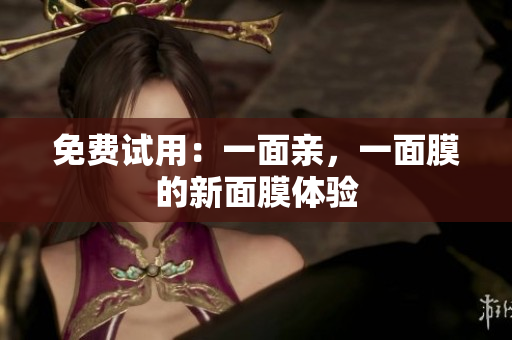Introduction
Today's world is filled with diverse cultures, languages, and skills that are crucial for a child's growth. As we move forward, the need to learn more than one language has become mandatory in many parts of the world. This is where the English language comes into play. English is one of the most spoken languages in the world and knowing it gives a child an edge in today's society. Additionally, there is a growing need for highly qualified teachers, especially in the early childhood sector, where the basics are laid out for a child's future.
The Importance of High-Quality Teachers
As the saying goes, "a teacher takes a hand, opens a mind, and touches a heart." Teachers are a child's first exposure to learning and their professions play a significant role in shaping the child's future. High-quality teachers can make a significant impact on a child's growth, providing them with necessary guidance, skills, and knowledge in their early years.
The Role of English Teachers in Early Childhood Education
In many countries, English is taught as a second language to children from a young age. English teachers may often find themselves in a unique position to widen the child's perspectives and knowledge, making the child more receptive to learning new things. They can help a child to develop not only the language but also other crucial skills such as critical thinking, problem-solving, and creativity.
The Value of Art and Culture in Early Childhood Education
The development of a child's imagination and creativity plays a critical role in their cognitive, social, and emotional development. Art and Culture and are a great way to promote a child's artistic skills and increase their understanding of their culture and the world as a whole. Exposing children to various forms of art and culture from an early age has shown to enhance skills such as literacy and communication, develop positive attitudes towards diversity and different cultures and enhance problem-solving skills which are beneficial in the later stages of life.
The Benefits of Short Videos in Early Childhood Education
In recent times, short videos have become increasingly popular among children, and it has become a great tool for learning, especially in early childhood. Short videos help to improve a child's cognitive development, as they provide sensory-rich experiences, encourages the development of critical thinking, and enhances communication skills. In addition to this, short videos can spark children's interest in learning, making the content more exciting, and thus increasing engagement and retention.
Conclusion
As we move into a new era of globalization and technological advancements, it is crucial to remember the building blocks that will help a child succeed in the long run. The need for high-quality English teachers, promoting art and culture, and utilizing short videos to enhance a child's learning experience is paramount. We must embrace these ideas and work together to create a bright future for our children.









